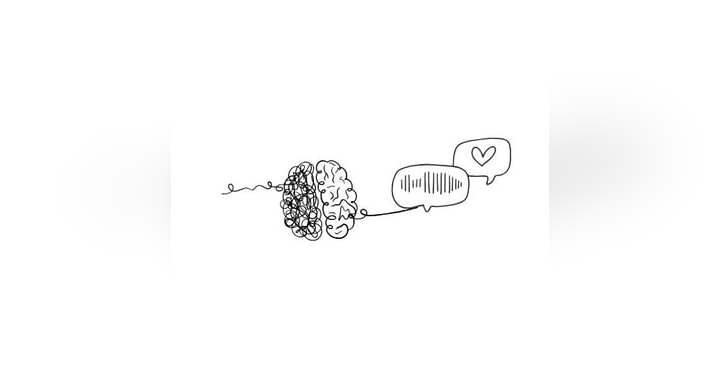Essential Guide to Age-Appropriate Child Self-Care Activities
Child Self-Care Activities
Equip Your Child with Self-Care Tools for Balanced Living
Self-care is a holistic and vital part of well-being applicable for all ages, especially for children. As parents, we can steadily secure our kids with effective self-care routines that stimulate healthy habits and coping mechanisms lasting a lifetime.
This guide outlines various age-specific self-care activities for kids, emphasizing creative play, relaxation methods, nature exploration, physical activity, and nutritional balance.
Necessity of Self-Care for Kids
The practice of self-care provides crucial benefits to children's mental health and overall well-being:
- Stress management: Child-friendly self-care helps manage and reduce stress, which can be instrumental in curtailing potential mental health concerns.
- Emotional self-regulation: Regular engagement in self-care aids in developing emotional sensitivity and healthy coping strategies.
- Boosting resilience: Self-care routines can foster resilience, assisting children in tackling life's challenges with tenacity.
- Instilling healthy habits: Instilling self-care habits early in a child's life forms a solid groundwork for lasting health and self-awareness.
Recommended Child Self-Care Activities
-
Unleashing Creativity through Play: Creative play encourages emotional expression and problem-solving skills in children. Activities like drawing, clay molding, block building, or imaginative themed play can nurture creativity.
-
Adopting Relaxation Techniques: Introducing kids to simple relaxation methods can help them manage stress and develop healthy coping habits. Tactics can include deep breathing exercises, progressive muscle relaxation, visualization or guided imagery, and mindfulness meditation.
-
Nature Immersion: Outdoor activities can stimulate mental health benefits, such as stress reduction, mood enhancement, and creativity boosts. Activities such as walks, park visits, gardening, or nature trail explorations can be beneficial.
-
Engaging in Physical Activities: Regular physical activity is essential for mental and physical well-being, including stress relief, mood improvement, and better sleep. Sports, dance classes, biking, or swimming are excellent choices.
-
Maintaining Nutritional Balance: Proper nutrition can improve brain function, mood, and overall well-being. Encourage a diet rich in fruits, vegetables, whole grains, and lean proteins, and limit processed or sugary foods.
Guidelines for Encouraging Self-Care in Kids
- Practice What You Preach: As parents, demonstrate healthy self-care habits as children learn by observation.
- Prioritize Self-Care: Schedule regular self-care activities and ensure the provision of necessary resources.
- Promote Exploration: Enable children to discover various self-care tasks that cater to their unique preferences.
- Offer Encouragement and Support: Praise your child's willingness to initiate self-care and applaud their efforts and successes.
In conclusion, teaching children age-appropriate self-care activities is invaluable in promoting their mental health and overall well-being. Through creative play, relaxation techniques, nature encounters, physical activities, and nutritional balance, children can develop lifelong healthy habits and effective coping strategies. Prioritize your child's self-care and mental health; it's never too early to start!












